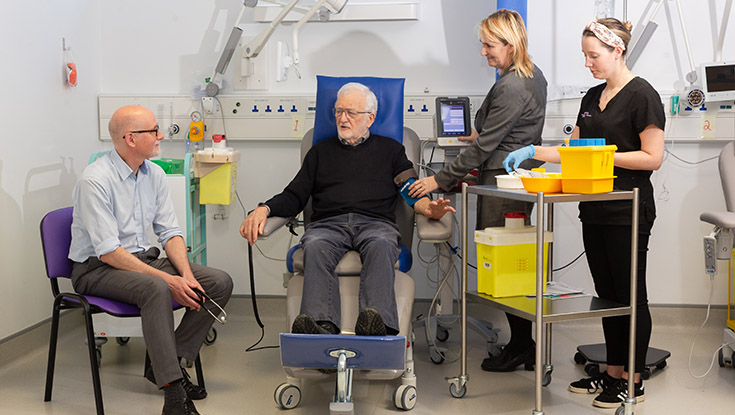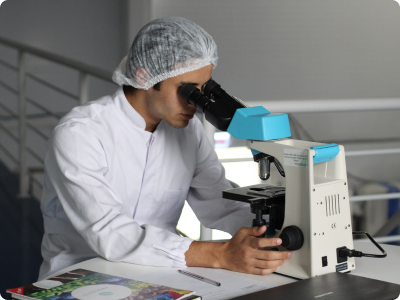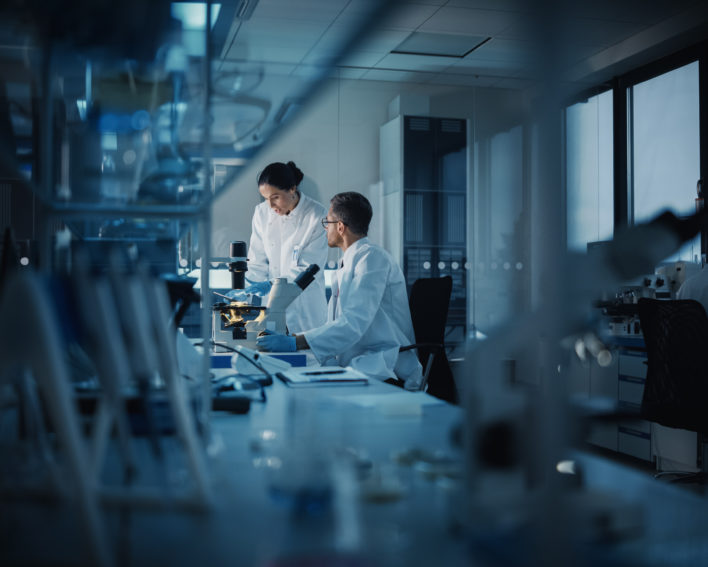The University of Galway has published encouraging results from a cell therapy clinical trial sponsored by the EU’s Horizon 2020 program. The NEPHSTROM clinical trial investigates the potential benefits of a novel cell therapy on adults with diabetes type 2 and worsening kidney disease.
In November 2022, at the American Society of Nephrology’s Kidney Week conference in Orlando, Florida, the findings of the NEPHSTROM clinical trial demonstrated that a single intravenous dose of ORBCEL-M was safe and linked with greater renal function preservation than a placebo when administered to carefully chosen patients with progressive kidney disease due to diabetes. After receiving ORBCEL-M, trial participants were continuously monitored for 18 months.

ORBCEL-M cell treatment is a mesenchymal stromal cell (MSC) preparation manufactured from healthy bone marrow, discovered and developed by Orbsen Therapeutics Ltd. – a spinout firm from the University of Galway.
The Mario Negri Institute for Pharmacological Research IRCCS in Bergamo, Italy, is leading the clinical trial, which is being conducted in collaboration with top medical facilities in Galway, Bergamo, Birmingham, and Belfast.
“Nearly a quarter of a million people in Ireland are living with diabetes and we know that more than 40% of them have evidence of kidney disease – often referred to as diabetic kidney disease or DKD for short.
In type 2 diabetes, as many as one-third of those with DKD have worsening kidney function despite the best medical therapy we can offer. These people are at high risk for requiring dialysis or kidney transplantation in the years ahead – both of which are complex treatments with potentially serious complications.
In NEPHSTROM, our goal is to secure evidence that a cell therapy, such as ORBCEL-M, is safe and can slow the course of DKD to help more people with diabetes avoid the need for dialysis or transplantation. It was exciting to report that our first analysis of results from the trial supports that goal.”
Professor Matt Griffin, a senior researcher at the University of Galway’s Regenerative Medicine Institute (REMEDI) and a Consultant Nephrologist at Galway University Hospitals
“At Orbsen Therapeutics we are motivated by improving patient care. Diabetic patients with progressive kidney disease eventually require dialysis and often a kidney transplant. While dialysis improves the quality of life of patients with kidney failure, it is expensive and does not prevent further decline of kidney function. Additionally, dialysis takes four hours per session and three times a week – creating logistic and economic challenges for the patient. Our goal with ORBCEL-M is to resolve systemic inflammation and improve kidney function, so that patients will not require dialysis or a kidney transplant. We’re encouraged by the safety profile and the preliminary efficacy signals in patients with DKD reported by the NEPHSTROM trial. We look forward to continued collaboration with our University of Galway and NEPHSTROM partners to advance this new medicine through Phase 3 efficacy trials and a market approval.”
Dr Steve Elliman – Chief Scientific Officer for Orbsen Therapeutics
“Without patient involvement in clinical trials, advances in new treatments are simply not possible. We are fortunate to have the HRB Clinical Research Facility Galway, a clinically equipped space to see and treat patients on trials. We are hopeful that future generations will benefit from the willingness of patients to participate in trials, such as the NEPHSTROM trial.”
Dr Veronica McInerney, Administrative Director at the HRB Clinical Research Facility at the University of Galway
“University of Galway’s ecosystem is set up to facilitate and lead international trials of this nature. The Cell Therapy GMP manufacturing facilities at the Centre for Cell Manufacturing Ireland, located in the University, along with the HRB Clinical Research Facility, the close partnership with Saolta University Heath Care Group and REMEDI have been instrumental in making the progression of this potential new therapy possible. Funding from SFI, the Higher Education Authority and the Health Research Board has supported and helped build this ecosystem and along with European Commission funding has made the advancement of this research possible.”
Professor Timothy O’Brien, Director of the Regenerative Medicine Institute (REMEDI), Consultant Physician in Endocrinology at Galway University Hospitals and the overall lead of the NEPHSTROM project



